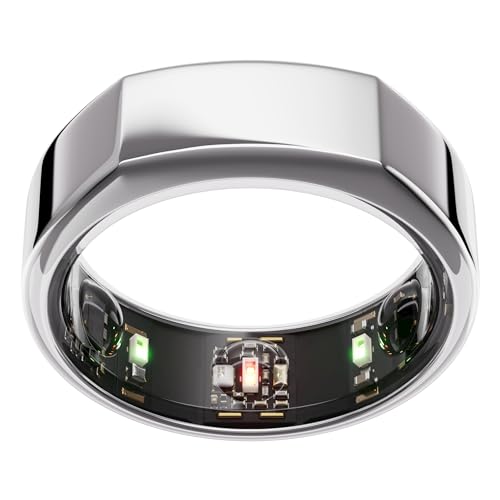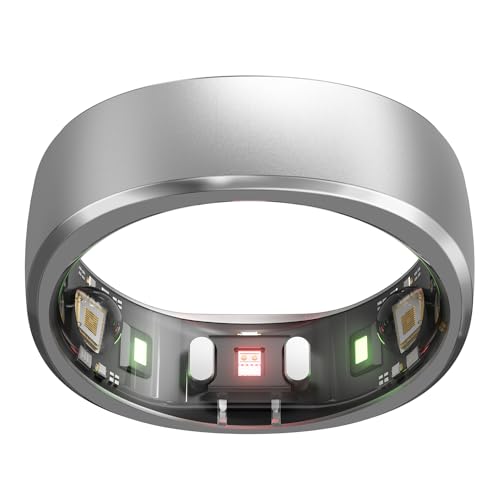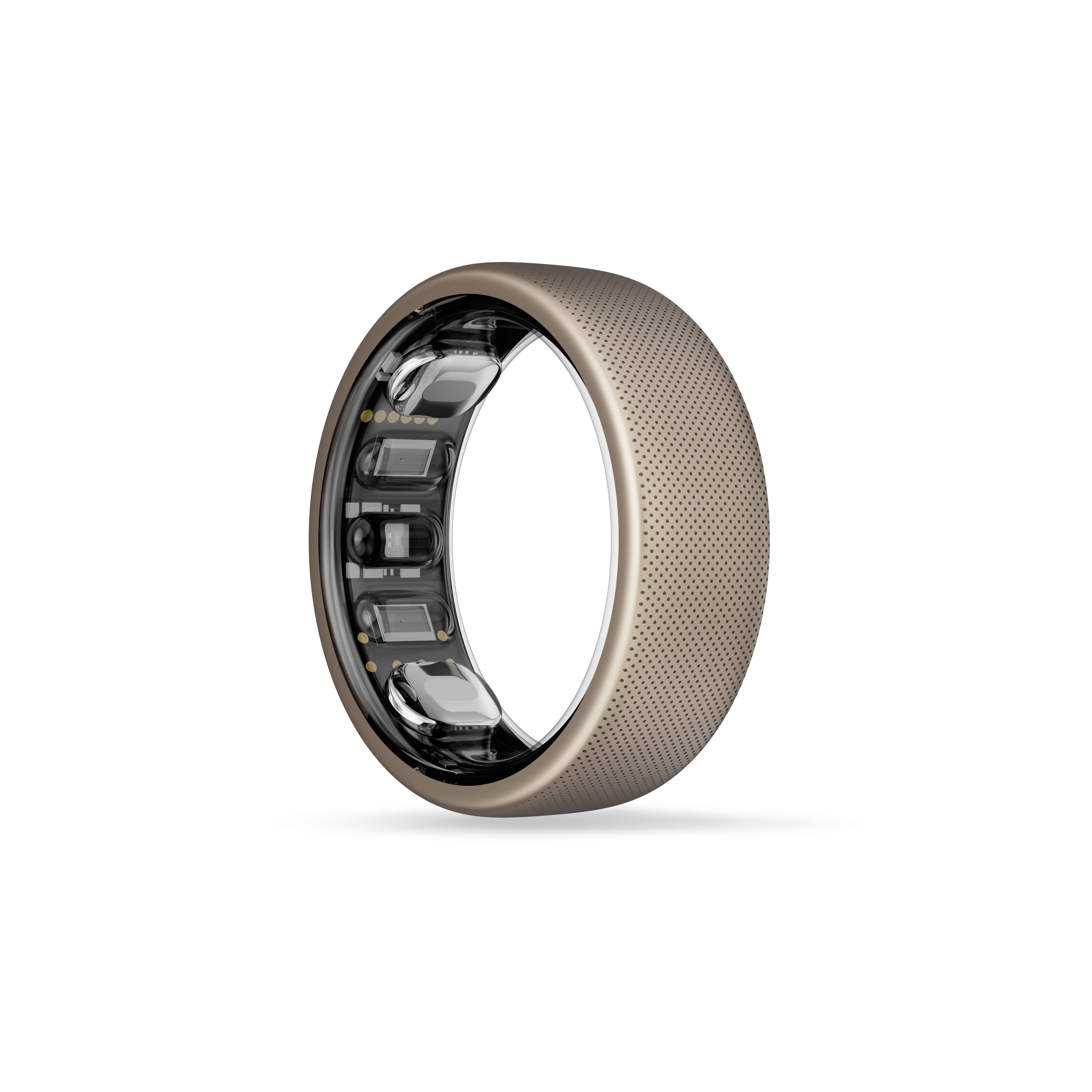Smart Rings — Will They Change How We Interact With Our Home Tech?
The latest wearables are a big change from smartwatches. Could they change the smart home?

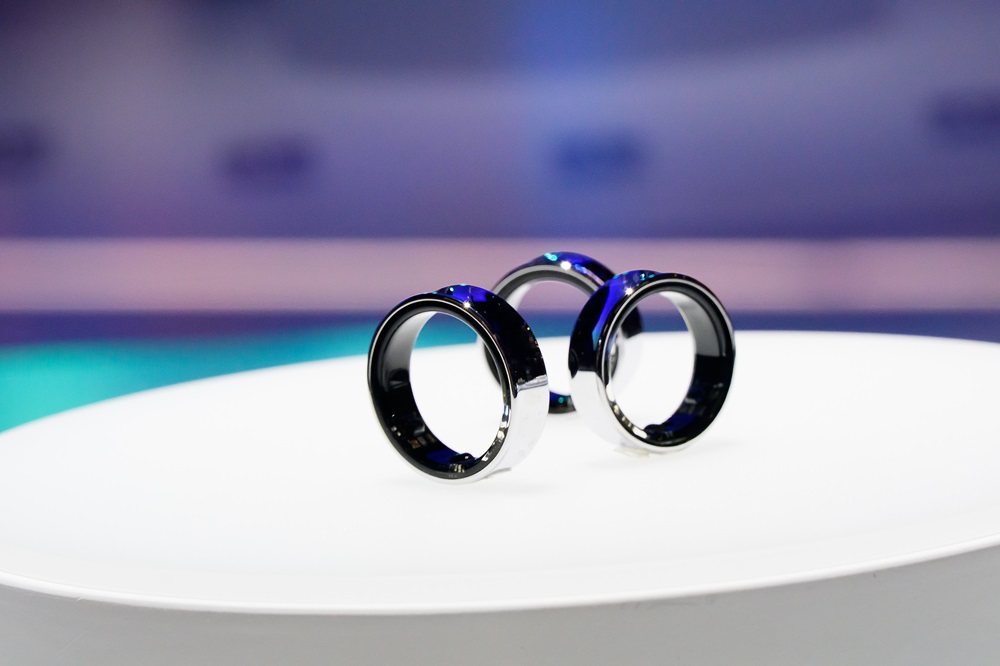
The Livingetc newsletters are your inside source for what’s shaping interiors now - and what’s next. Discover trend forecasts, smart style ideas, and curated shopping inspiration that brings design to life. Subscribe today and stay ahead of the curve.
You are now subscribed
Your newsletter sign-up was successful
Wearable technology has come on in leaps and bounds over the last decade, and the latest svelte smartwatches make early models look like bulky ankle monitors. But they’re still not exactly subtle, with their bright screens and notification chirps.
This is where smart rings come in. They’ve been around for years in a niche capacity, but with Samsung launching the Galaxy Ring this year and Apple reportedly toying with the idea of its own smart ring, it seems that the concept is finally going mainstream.
What are smart rings, and what could they do for the smart home? Read on to find out.
What are smart rings?
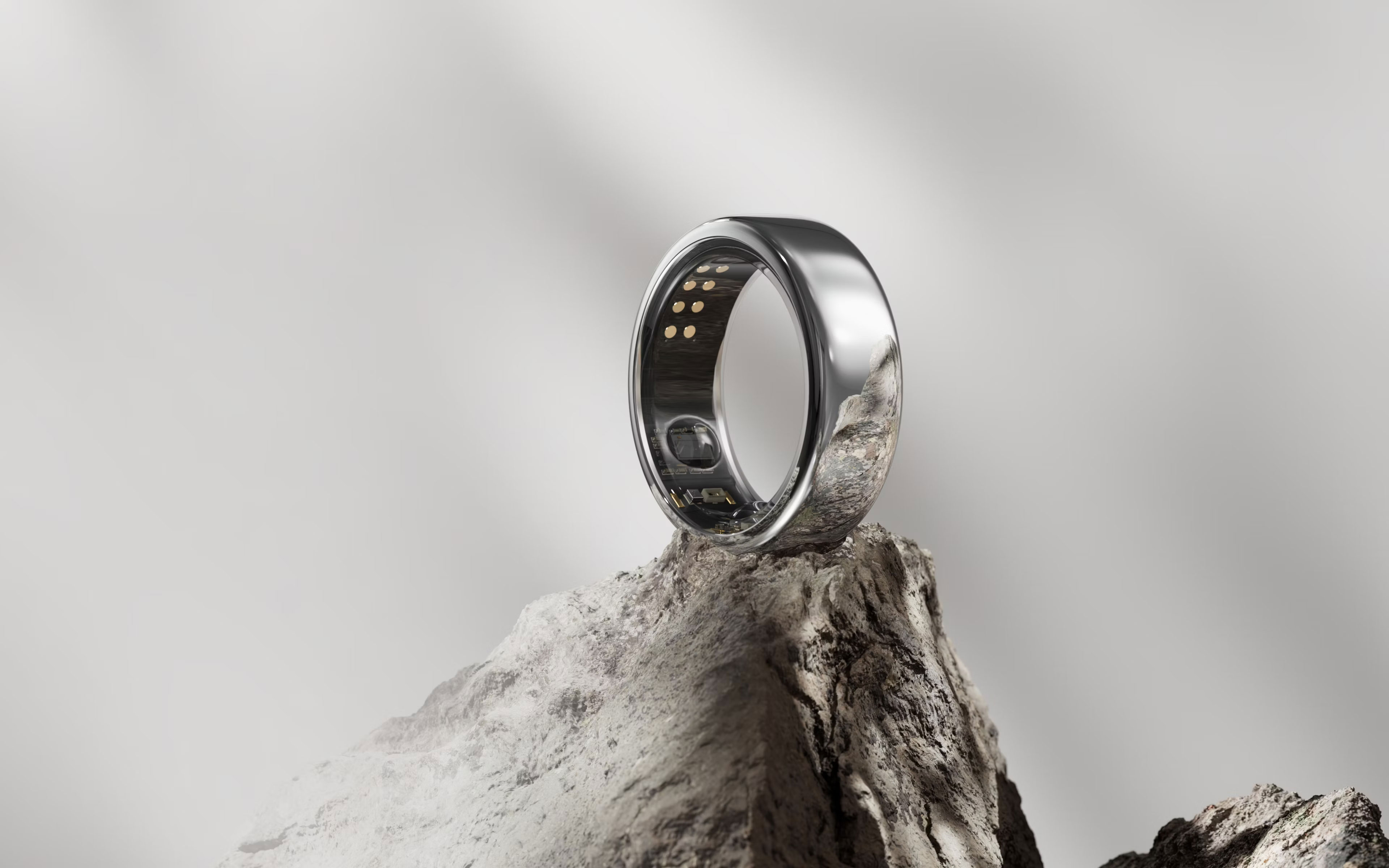
Smart rings are a new take on traditional finger jewelry with added technology under the surface. Made to measure and worn on the finger like traditional rings, under the surface they have a bunch of sensors and generally use Bluetooth technology to broadcast information to your phone.
The sensors and functionality vary from maker to maker, but generally you’ll have a photoplethysmography (PPG) sensor for checking heart rate and blood volume variations, alongside an accelerometer and gyroscope for tracking movement.
Other, more advanced smart rings may contain things like a peripheral oxygen saturation (SpO2) sensor for measuring blood oxygenation, an electrodermal activity (EDA) sensor to track stress, and/or a temperature sensor.
What can smart rings do?
These sensors and connectivity combine to offer many of the same capabilities as the best fitness trackers.
The Livingetc newsletters are your inside source for what’s shaping interiors now - and what’s next. Discover trend forecasts, smart style ideas, and curated shopping inspiration that brings design to life. Subscribe today and stay ahead of the curve.
The sensors predominantly offer insights into your health and movement, giving you firm insights on heart rate, blood oxygen levels and sleep quality, while estimating your level of activity in terms of steps, distance and calories burned.
As well as passively tracking body metrics, smart rings often offer to offload some phone controls to your finger. Those smart rings with an NFC chip will allow you to make contactless payments without reaching for your credit card, and you may also be able to control music playback on your phone remotely as well. If your phone is on silent, your smart ring will likely gently buzz to let you know of incoming calls or messages too.
What advantages do they offer over other wearables?
With largely the same functionality as other wearables, you may wonder why people would opt for a smart ring rather than, say, an Apple Watch. It largely comes down to two reasons: subtlety and battery life.
The two are actually related. A smart ring is significantly more understated than a smartwatch because it’s small, light and discrete, without a big, glowing screen that lights up whenever you get a text message.
A wearable’s screen — and the power required to light it up, especially with always-on displays — is one of the biggest drains on a smartwatch’s battery. Without a screen to power, smart rings tend to last around a week on a single charge, even though their batteries are significantly smaller.
This does come with drawbacks, of course. No screen means that you’ll need to check in on data recorded on your smart ring via an accompanying app. Plus, remembering to keep your smart ring charged is that bit harder without obvious visual notifications warning you of an impending flat battery.
How might smart rings change smart homes?
At the moment, smart rings like the Oura Ring and Ultrahuman Ring Air concentrate on health metrics rather than smart home functionality, but the potential is there and the first smart ring aimed at controlling the home will arrive later this year.
Unveiled at CES 2024, the Lotus Ring is a smart ring that’s designed to make controlling your home easier. Combined with snap-on switch covers, it uses infrared signals to let you control anything interacted with via an existing switch with point-and-click gestures. Think lights, fans and so on.
It’s predominantly aimed at those with limited mobility and isn’t for smart homes as such (as mentioned, it requires infrared switch covers to be connected to existing switches) but it shows the lines along which manufacturers might be thinking going forward.
With its existing collection of smart home technology, Samsung could be well placed to take advantage. The company’s upcoming Galaxy Ring doesn’t yet have an exhaustive list of features, but there’s talk of possible SmartThings integration. CNET reports that “the company says this could include features like controlling connected lights based on your sleep needs or setting alerts for medicine.”
That’s the tip of the iceberg for smart rings’ overall smart home potential. With Bluetooth built-in, it’s possible manufacturers could build them as transmitters to inform your smart home devices of when you’re in range. That could mean anything from smart lights coming on when you enter a room, to smart locks magically unlocking and locking as you approach and move away.
This is all largely theoretical for now, but if smart rings take off this year as many expect, then don’t be surprised if manufacturers begin to look seriously at the smart home potential.

Freelance contributor Alan has been writing about tech for over a decade, covering phones, drones and everything in between. Previously Deputy Editor of tech site Alphr, his words are found all over the web and in the occasional magazine too. He often writes for T3 and Tom's Guide. When not weighing up the pros and cons of the latest smartwatch, you'll probably find him tackling his ever-growing games backlog. Or, more likely, playing Spelunky for the millionth time.
